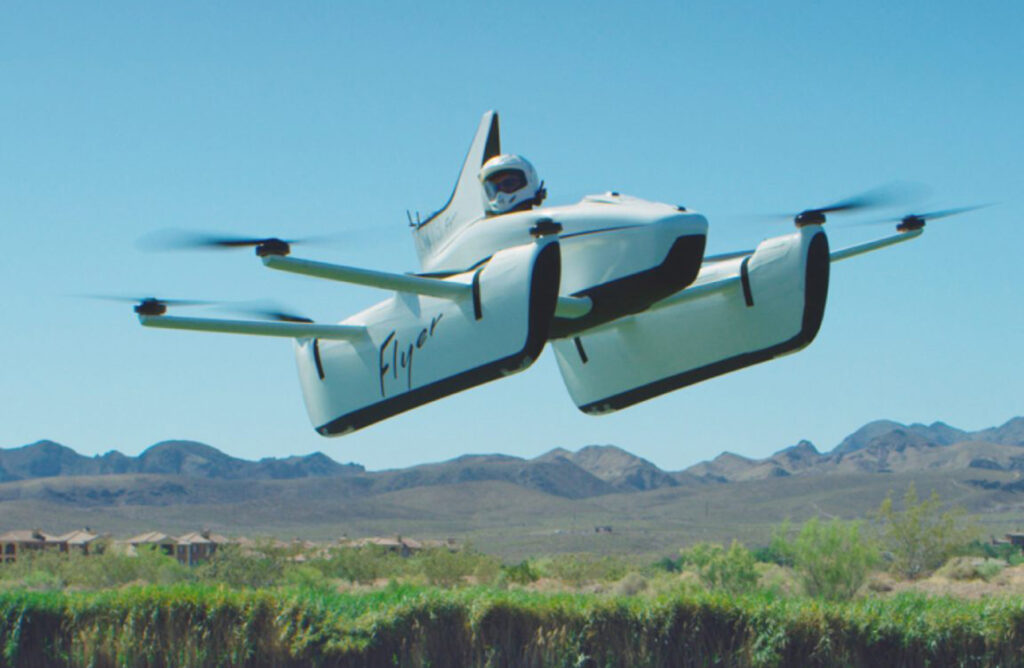Turmoil, internal struggles, and an unclear direction have reportedly brought Google co-founder Larry Page’s flying car startup to a grinding halt.
Business Insider reports that the ambitious flying car startup Kittyhawk, founded by Sebastian Thrun and backed by Larry Page, a co-founder of Google, has formally shut down. The failure of the once-promising business serves as a lesson in the importance of having a sound business plan and competent management, even when the venture has Silicon Valley-level ambition and substantial financial backing.
Kittyhawk was founded by Thrun, who was also in charge of Google X lab and Udacity, with the intention of revolutionizing personal transportation. However, early in the startup’s life, Thrun and Page’s differences over the company’s direction and valuation surfaced, setting the stage for additional difficulties.
According to a former coworker, “Sebastian wanted to make money. Larry didn’t care. He had no economic incentive.” The company’s atmosphere was clearly tense, which confused employees about their priorities.
Kittyhawk initially concentrated on the Flyer, a single-seat electric vertical take-off and landing (eVTOL) craft that allowed potential users to operate the flying car after just an hour of training. Despite receiving favorable media coverage for the demo day at Lake Las Vegas in 2018, the Flyer had serious restrictions and safety issues.
“Despite these issues, the day at Lake Las Vegas seemed like a breakthrough,” said a former employee. “But it also marked the beginning of the end for Flyer.”
Kittyhawk’s focus shifted to other projects after the Flyer project was shelved, including Heaviside, an autonomous flying vehicle, and Feather, an R&D lab investigating radical concepts. The eVTOL industry started to heat up as competitors like Joby Aviation and Archer Aviation made headway, and the company struggled to identify a clear market and use for its vehicles.
“The sudden shift from practical, iterative work on Heaviside to back-to-the-drawing-board ideas worried many employees, who saw it as a step in the wrong direction for a company that had already scuttled several projects,” a former employee said.
Employees frequently had to interpret Larry Page’s “big questions” and shift their focus as a result of his increasingly erratic influence and involvement at Kittyhawk.
“We would break our necks building something,” a former employee recalled, “and later Larry would be like, ‘Oh, it was just an idea.’”
The atmosphere in the company grew more gloomy as the closure date drew near. Despite Larry Page’s continued orders, the business was unable to fulfill Page’s vision for a commercially viable flying car that would fundamentally alter the industry.
“Larry had a lot of insight,” a former employee said, “but he didn’t seem to hire people who could make it happen.” Another former employee added that the people Page brought in were “brilliant and maybe disruptive,” but they were all unable to deliver on Page’s ambitious goals.
Read more at Business Insider here.
Lucas Nolan is a reporter for Breitbart News covering issues of free speech and online censorship. Follow him on Twitter @LucasNolan



